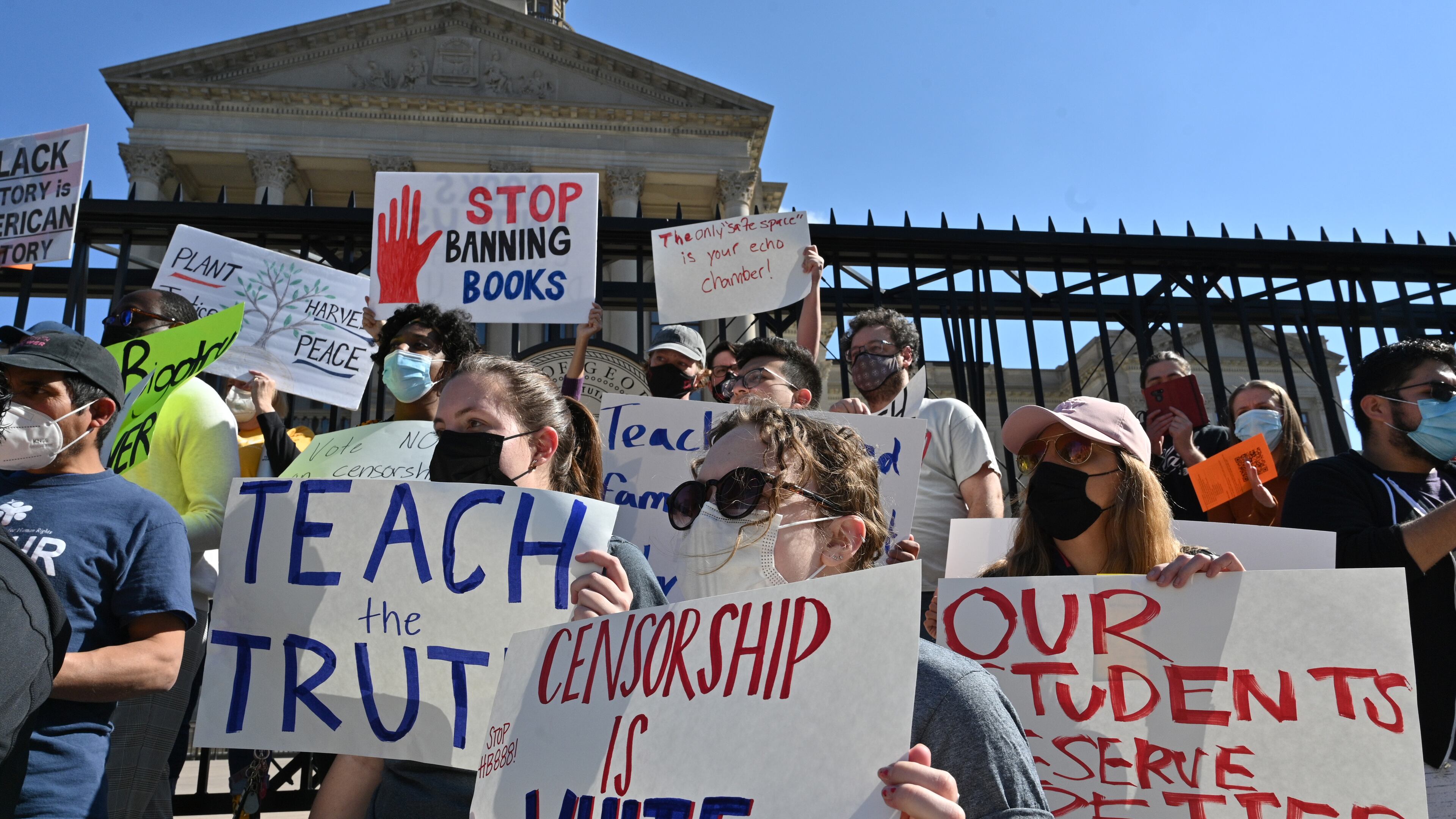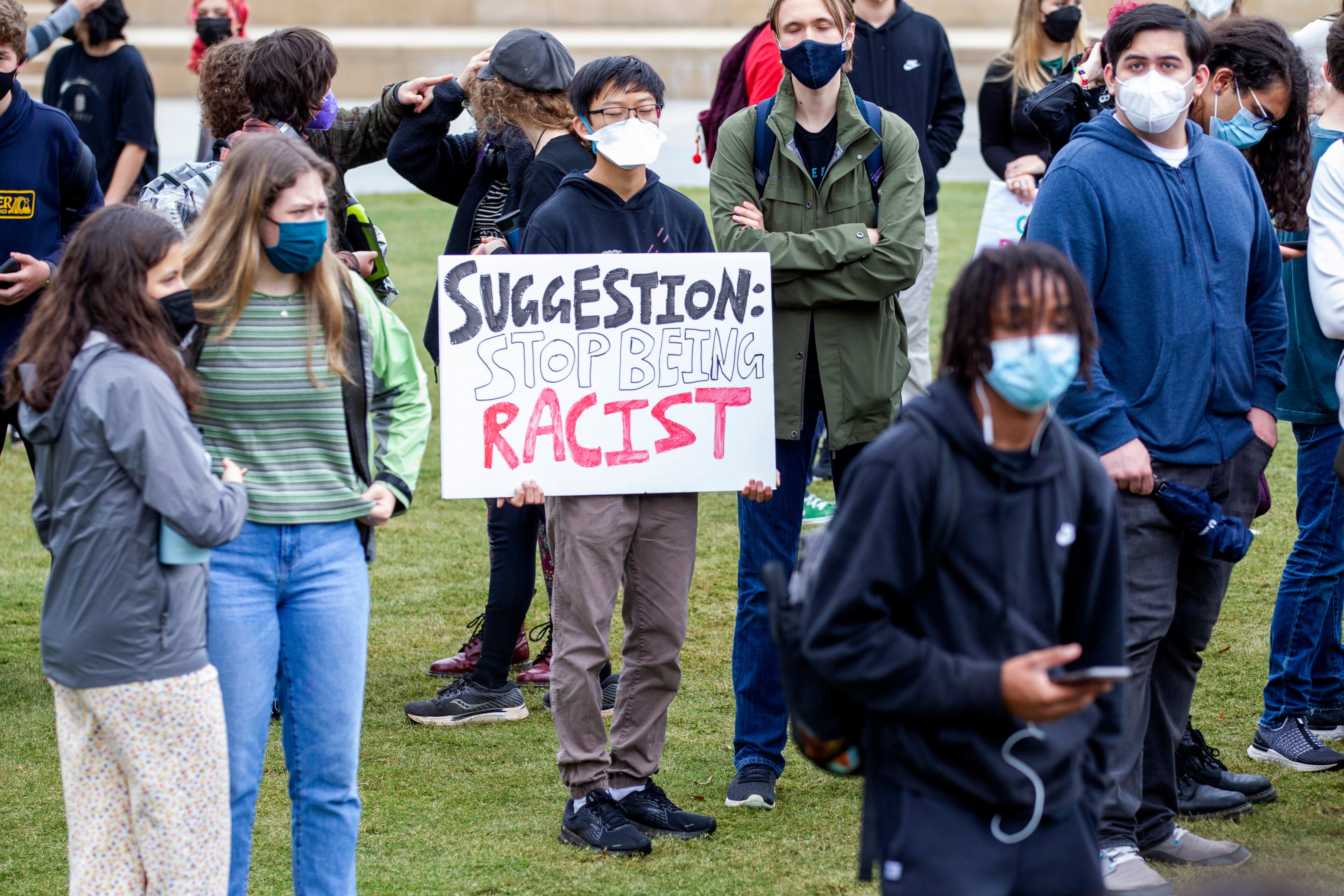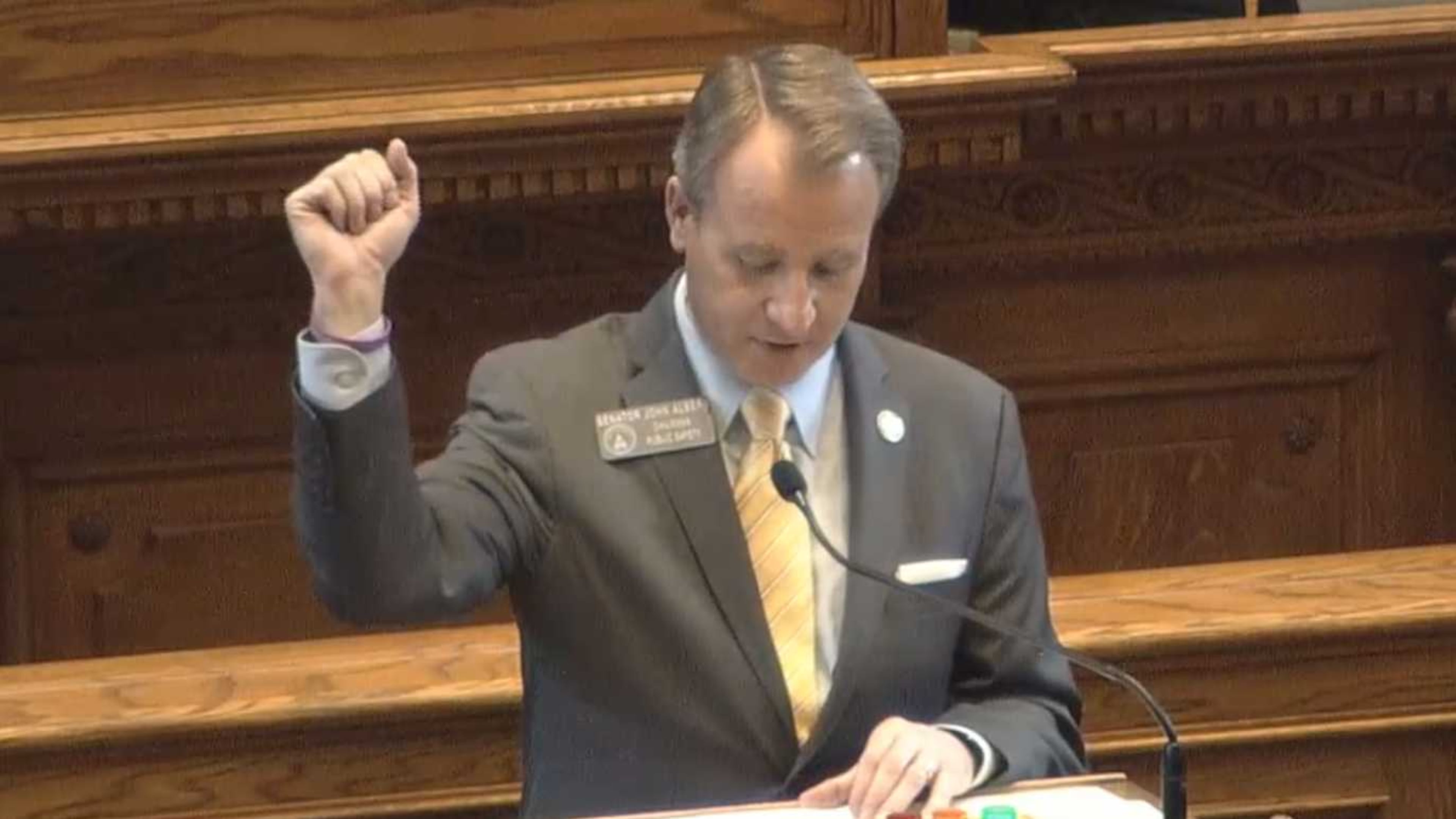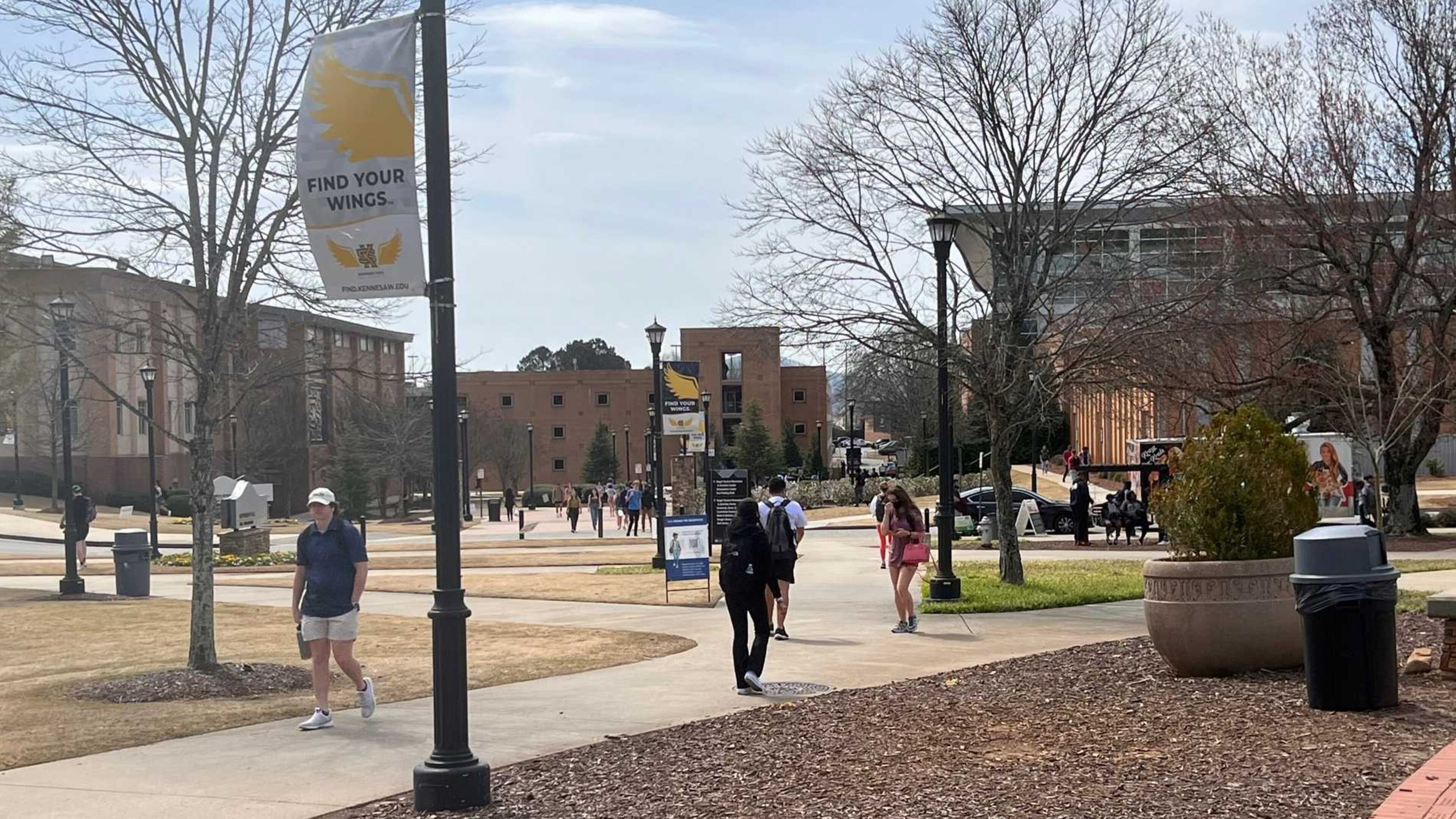Education was often Georgia lawmakers’ wedge issue this legislative session

Education was one of the top issues — and also among the most controversial — for state lawmakers during the legislative session that ended early Tuesday.
Gov. Brian Kemp hailed what he’s described as historic budget investments for K-12 education and the state’s public colleges and universities. The Legislature also passed several bills focused on contentious issues such as critical race theory.
Here’s a look at some of the more closely watched bills that passed and those that didn’t make it to the finish line.

Teaching about race in classrooms
Perhaps the most divisive educational legislation was House Bill 1084, which said nine concepts Republicans considered to be divisive should not be taught. They involve generalizations, like saying one race is inherently superior, moral character is racially determined or America is fundamentally racist. Rep. Will Wade, R-Dawsonville, said this would not obstruct teaching about America’s troubled past, but the students and teachers who protested at the Capitol disagreed. The bill passed with a final vote in the Senate just after midnight Monday.
Transgender girls in school sports
In a last-minute move, Republican lawmakers tacked an amendment about gender and sports to House Bill 1084, making the legislation about divisive concepts doubly divisive. The bill creates a school athletics oversight committee that would study and determine if transgender students should be allowed to participate in public high school sports that align with their gender identity. Democrats called the amendment shameful and appalling.

Masks and COVID-19 vaccines
Kemp has already signed Senate Bill 514 into law. “The “Unmask Georgia Students Act” prevents schools from enforcing mask mandates, saying parents have the right to opt their children out through June 2027. The Senate also gave a final nod to Senate Bill 345, which prohibits schools and other government entities from requiring anyone to get a COVID-19 vaccination through June 2023.
Need-based aid for college students

Georgia has been criticized for being one of just two states without a robust program to help low-income students. Rep. Chuck Martin, R-Alpharetta, introduced HB 1435, which would provide financial aid up to $2,500 to undergraduate college students in Georgia close to completing their degrees but who can’t pay their tuition. The bill passed during the final minutes of the legislative session.
Tougher criminal sentences for hazing

Sen. John Albers, R-Roswell, was the lead sponsor of SB 378, which proposed a maximum sentence of five years in prison for anyone convicted of hazing a college student in Georgia. The bill is in memory of Max Gruver, a Roswell teenager who died in 2017 from fraternity hazing at Louisiana State University. Georgia senators passed the bill, but it didn’t get a final vote in the House of Representatives.
Campus speech

Lawmakers on Monday passed HB 1, which would prevent “free speech zones” on public college and university campuses. The bill, instead, allows students and speakers to gather in any outdoor area of the campus. Some students argued during a hearing on the bill the changes could make it easier for extremist groups to speak on campus.
In-state tuition for refugee students
A group of Democrats and Republicans introduced HB 932, which proposed extending less expensive in-state tuition rates to refugee students in the state’s public colleges and universities as soon as they settle in Georgia. The bill did not get a vote in the House or Senate.
Obscenity and parental oversight of schools
Lawmakers passed several bills aimed at addressing parent grievances about oversight, transparency and obscene materials in books and other school content. Senate Bill 226, passed last week, expedites the book-removal process by putting the decision in principals’ hands and giving them 10 days. Book challenges by parents have usually been handled by school panels that included school librarians, teachers and parents.
Private school funding
The House and Senate agreed late Monday to House Bill 517, legislation that increases the size of a program that allows taxpayers to contribute to private school scholarships while recouping that contribution as a credit off their state taxes owed. The student scholarship program would grow to $120 million. It is currently capped at $100 million.
School accreditation
Legislation following a controversial accreditation review in Cobb County would have downplayed school board governance as an evaluation focus. Senate Bill 498 passed the Senate in a rare unanimous vote but never got a hearing by the full House.
Education issues: Georgia Legislature 2022
The last day of the 2022 Georgia Legislature, adjournment Sine Die, was Monday April 4. Follow the AJC coverage on Twitter via @AJCGaPolitics and on Facebook at AJC Georgia Politics
- Bill Tracker: AJC live updating page with status of key legislation. What has passed, what has been signed or vetoed by the governor
- Georgia lawmakers approve divisive concepts, transgender sports bill
- State lawmakers pass college student aid, campus speech zone bills
- Lawmakers OK letting taxpayers direct more money toward private schools
- State lawmakers send school recess bill to Kemp for signature
- Kemp signs bill letting parents opt kids out of school mask mandates
- Georgia lawmakers pass parents’ bill of rights advocated by Kemp
- Full coverage: The Georgia Legislature 2022




